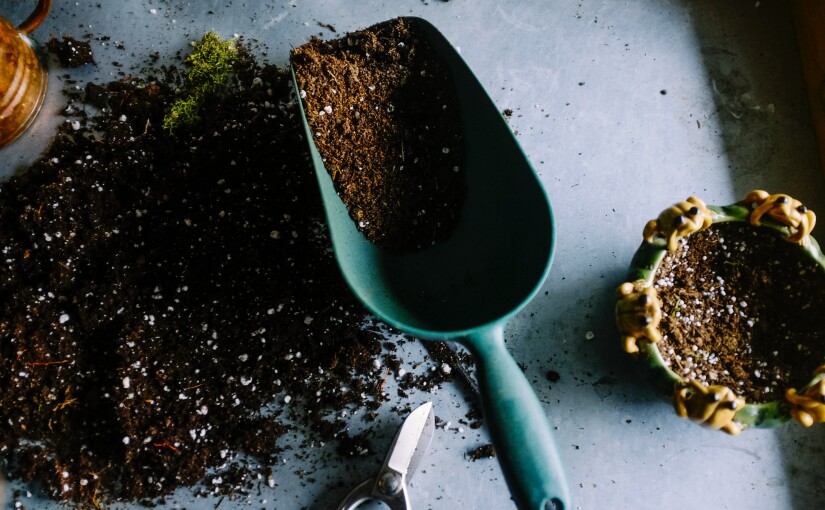Have you always wanted to start a garden but didn’t know where to start? These 8 gardening tips for beginners will set you on the right track!
1. Set Your Goal
Do you want to plant a vegetable garden? An herb garden? A flower garden or a fruit garden? Depending on your goal, all plants have different maintenance requirements. It’s important to select plants that match your growing conditions. This means putting sun-loving plants into a sunny spot, choosing heat-tolerant plants in warm climates, and giving bigger plants elbow room to grow. Do your homework and pick varieties that will grow well where you live and in the space you have.
2. “Location, Location, Location”
Starting a garden is just like real estate, it’s all about. Place your garden in a part of your yard where you’ll see it regularly. That way, you’ll be much more likely to spend time on it. Misjudging sunlight is a common pitfall when you’re first learning to garden. Pay attention to how sunlight plays through your yard before choosing a spot for your garden. Also, one of the best gardening tips you’ll ever get is to plant your new garden near a water source. Make sure you can run a hose to your garden site, so you don’t have to lug water to it each time your plants get thirsty.
3. Do your Research
Different plants have different needs. Do your research so you don’t accidentally kill your plants by planting them too early or too late. Some Plants require warmer weather while others can survive in the dead of winter. You’ll need to know the when to plant and when to harvest. Doing research and keeping to a schedule can go a long way in ensuring things go to plan.
4. Invest in Garden Tools
The right tools make working in your garden more of a pleasure and less of a chore. You’ll want to make sure you have the basic tools like hand tools, a garden hoe, rakes, shovels, and a proper water hose.
5. Tend the Soil
When starting a garden, one of the top pieces of advice is to invest in soil that is nutrient-rich and well-drained. The more fertile the soil, the better and faster your vegetables or plants will grow. To help keep weeds out and moisture in, cover the soil with a couple of inches of mulch.
6. Plant Your Picks
Now that you have your tools, research, and the soil is ready, it is time to plant your picks. Dig the holes and prepare the bed. Be sure to read the seed packet for information about planting time, depth, and spacing.
7. Water at the Right Time
Plants should never be allowed to dry out, so water daily. Taper off as your Plants get larger. This is where the research pays off to keep your garden thriving.
8. Keep it Up
Your garden is beginning to grow. Help it reach its full potential by keeping up with garden chores. Water the plants, pull the weeds, harvest when needed, and tend to your soil. Congratulations you have a thriving garden!

